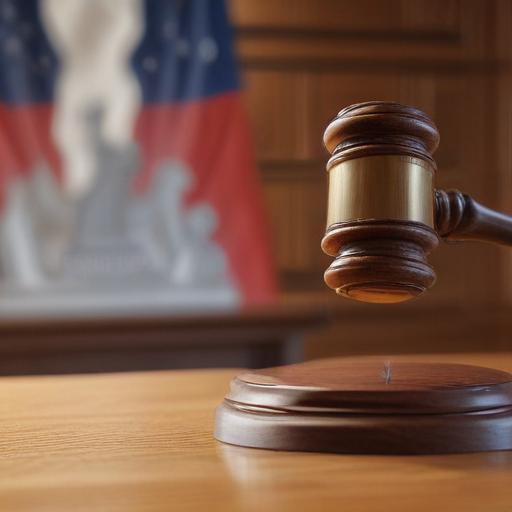The Supreme Court has offered emergency relief to Maine Republican lawmaker Rep. Laurel Libby, who was previously barred from speaking or voting on the House floor unless she apologized for a controversial social media post that criticized a transgender student-athlete. Libby opted to challenge the decision in court, and the Supreme Court’s intervention occurred as her legal appeal proceeds.
Notably, the decision drew dissent from two Democratic appointees on the Court, Sonia Sotomayor and Ketanji Brown Jackson. Sotomayor indicated she would have denied Libby’s request, while Jackson expressed more significant concern in a five-page dissent, criticizing the majority for what she described as a “watering down” of the standards for granting such emergency relief. Jackson remarked that the case raises complex questions regarding the rights of Libby and her constituents.
The majority did not provide detailed reasoning for their decision, which is common for actions taken under the so-called shadow docket. While the case may eventually return to the Supreme Court for a more thorough examination, the current injunction in Libby’s favor will remain until further developments occur in the appeals process. This ruling suggests a degree of support from the majority of the Court for Libby’s position.
In their application for emergency relief, Libby and her supporters emphasized that her constituents had been deprived of voting on critical matters, including the state’s substantial budget and proposed constitutional amendments. They argued that Libby’s treatment was unprecedented and sought to restore her voting rights, asserting that it would ensure equal representation in the Maine House.
Opponents to the emergency relief, including Maine Attorney General Aaron Frey, asserted that Libby’s predicament was self-inflicted, stemming from her actions on social media, which violated the Maine Legislative Code of Ethics. Frey highlighted that Libby was only required to apologize for her actions, which she had consistently refused to do, insisting that the punishment was meant to uphold the legislative body’s integrity.
This case highlights ongoing tensions surrounding free speech, the rights of student-athletes, and the broader implications of governance and representation. Such legal battles not only reflect current societal debates but also have the potential to shape future policies regarding transgender rights within sports. As the situation develops, it serves as a reminder of the intricate balance between individual expression and collective responsibility within political discourse.
